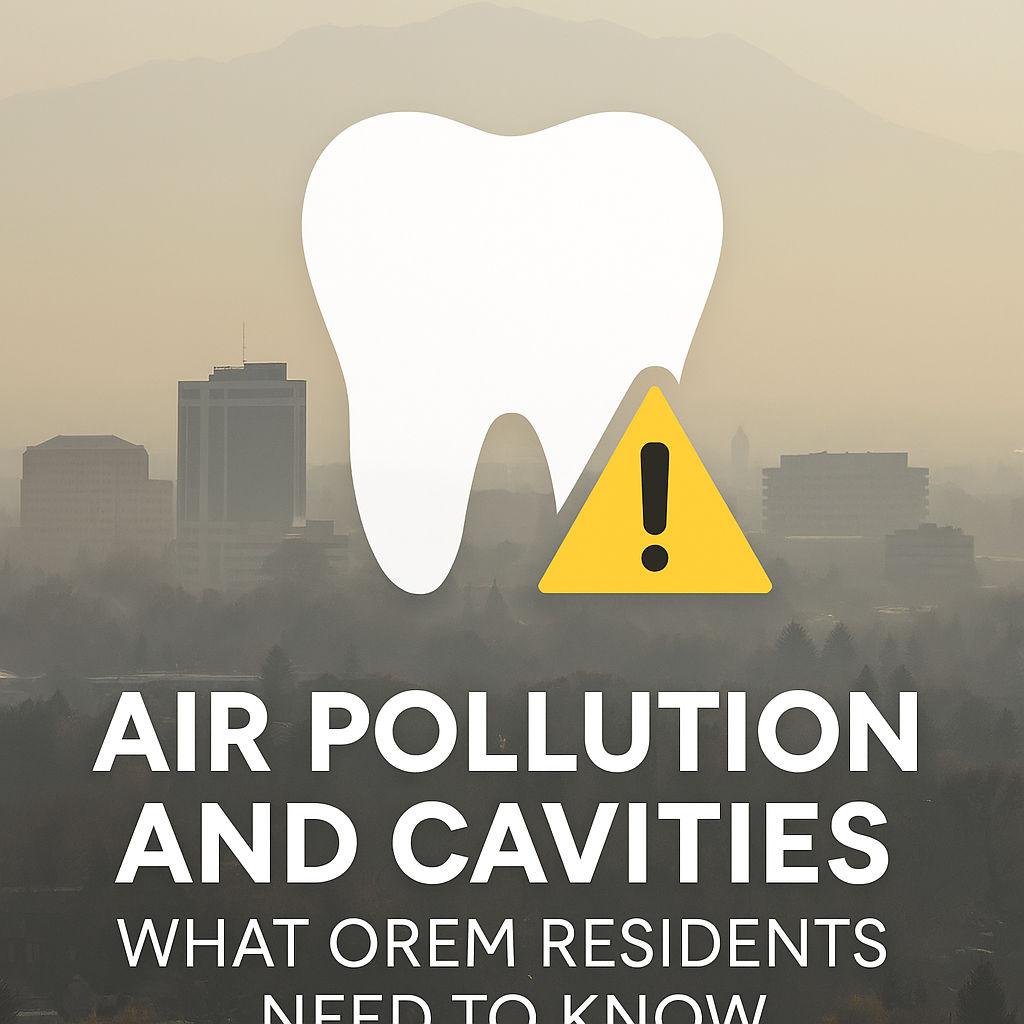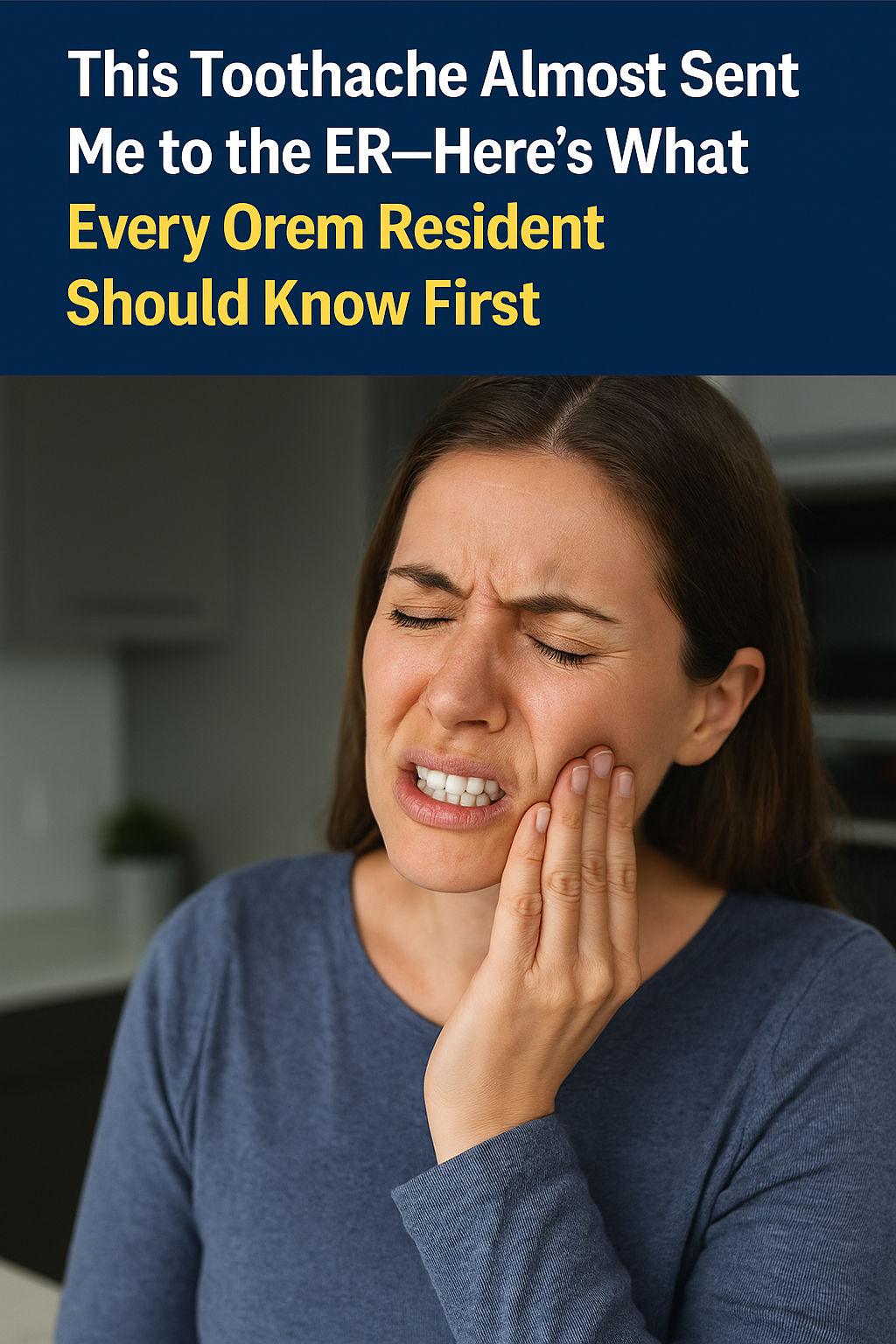Blog Highlights
- There are two types of inflammation that occur in the mouth
- Chronic swelling can damage your gums and surrounding bones
- The severity of your inflammation will determine the best course of treatment
Mouth inflammation, also known as swelling, is your body’s natural way of responding to an injury. Inflammation helps the injured area to heal and repair itself. When the body is unable to heal, you may experience more serious issues. Swelling in the mouth around the gums, teeth, or tongue should almost always be cause for concern. At our Orem, Utah dental office, we can help determine the cause of your swelling and offer possible solutions.
There are two types of inflammation that occur in the mouth. Acute inflammation goes away on its own, usually in a few days. It’s the kind of swelling or inflammation that happens when you burn the roof of your mouth. It can also occur if you bite your cheek, tongue, or lip. Other causes of acute inflammation include cuts from crunchy or sharp foods and sores from poorly fitting dentures, braces, and retainers. The inflamed area may be painful, but the swelling helps it to heal. In these instances, you probably won’t need to visit our emergency dentistry team.
Chronic inflammation is long-lasting swelling. It is often caused by periodontal disease, bacterial infections, fungi, viruses, and dental abscesses. Long-lasting swelling may also be an indication of some forms of mouth cancer. Chronic swelling can damage your gums and the bones and structures that help support your teeth. Unfortunately, chronic inflammation can eventually lead to more serious problems such as cancer, diabetes, heart disease, and even strokes if not properly treated. If you have inflammation or swelling that just won’t go away, our emergency dentistry services are for you.
Inflammation of the mouth can also be caused by treatments and diseases that aren’t directly related to the mouth. Different medications and side effects can sometimes create swelling in and around the mouth. Radiation therapy and chemotherapy, nutrient deficiencies, leukemia, sexually transmitted diseases and AIDS, as well as autoimmune diseases are known to cause mouth inflammation in some patients.
Symptoms of Inflammation
If you experience any of the following symptoms and they last longer than a few days, we recommend that you make an appointment at our Orem, Utah dentist office:
- Heat
- Redness
- Swelling
- Loss of function
- Pain
Treatments for Inflammation
The severity of your inflammation will determine the best course of treatment. If the swelling prevents you from drinking, eating, speaking, or swallowing you should make an emergency appointment with us as soon as possible. If you are having trouble breathing you should seek emergency medical assistance immediately.
If your inflammation doesn’t interfere with your daily routines and way of life, then you can experiment with changing some of your habits. Perhaps a certain food is causing the discomfort or maybe you need to have your retainer or dentures adjusted. You can also speak our dental professionals for advice on possible causes and solutions.
If you’ve recently sustained a mouth injury, the resulting swelling will likely fade in a few days. Make sure to keep the injury clean. If your condition doesn’t improve in up to five days or seems to be getting worse, don’t hesitate to take advantage of our emergency dentistry services.





